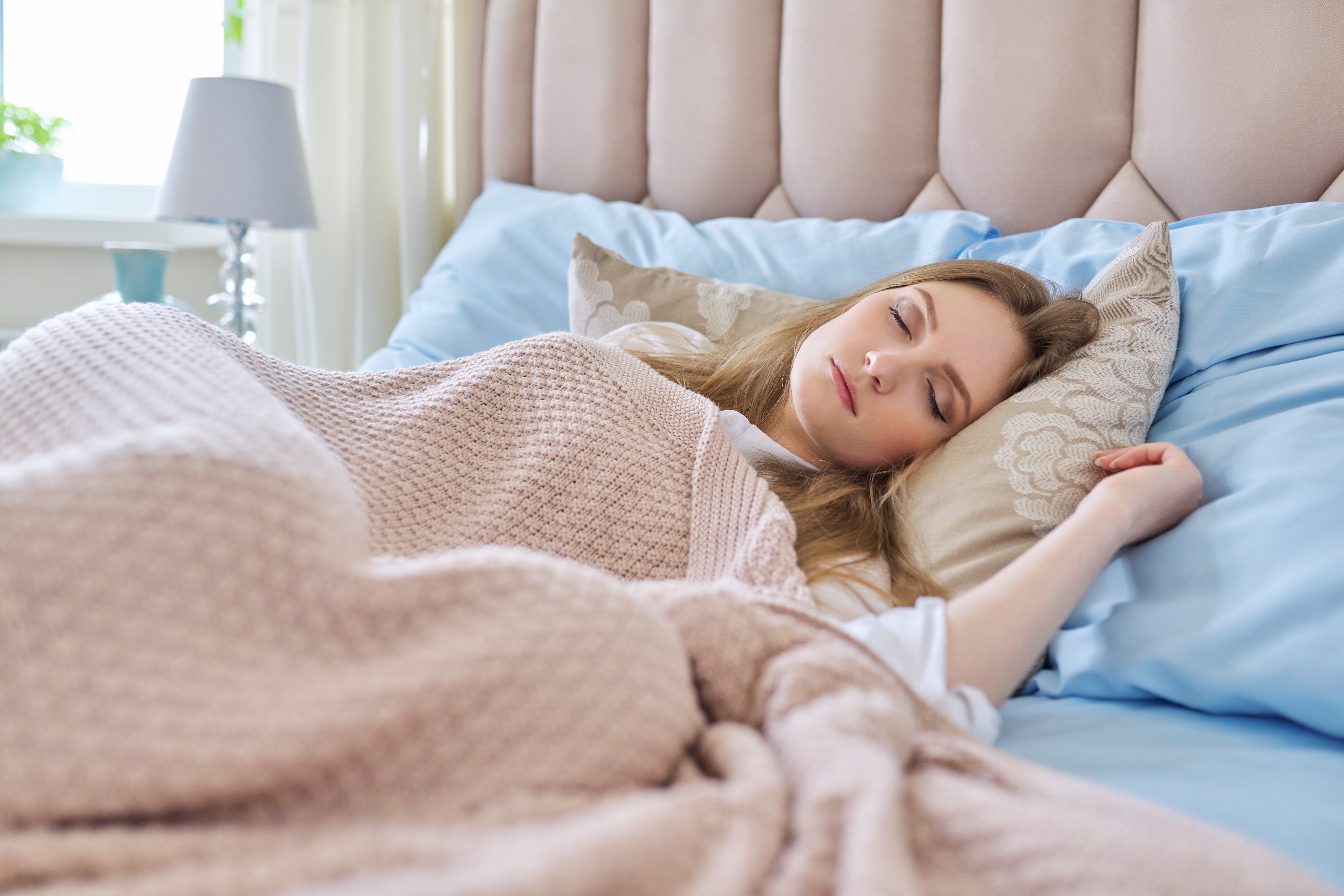10 Natural Sleep-Inducing Habits That Help You Gently Drift Into Dreamland
In a world that never seems to pause, the pursuit of a good night's sleep has become more elusive than ever. The modern lifestyle, characterized by constant connectivity and relentless pace, often leaves individuals struggling to find peace at night. Sleep is not merely a passive state of rest; it is an active process essential for physical health, emotional well-being, and cognitive function. Yet, many people find themselves tossing and turning, plagued by insomnia or poor sleep quality. This article explores 10 natural sleep-inducing habits that can help you quietly drift into dreamland, offering a holistic approach to improving sleep. By integrating these habits into your nightly routine, you can create a serene environment that encourages deep, restorative slumber. From understanding the importance of sleep hygiene to exploring the calming effects of nature, each section will delve into practical strategies supported by scientific research. The journey to better sleep begins with awareness and intention, setting the stage for a comprehensive exploration of techniques that promise to enhance your nightly rest.
1. Understanding Sleep Hygiene

Sleep hygiene refers to the practices and habits that are conducive to sleeping well on a regular basis. It encompasses a range of behaviors and environmental factors that can significantly impact the quality of your sleep. Good sleep hygiene begins with maintaining a consistent sleep schedule, going to bed and waking up at the same time every day, even on weekends. This regularity helps regulate your body's internal clock, making it easier to fall asleep and wake up naturally. Another crucial aspect of sleep hygiene is creating a restful environment. Your bedroom should be a sanctuary for sleep, free from distractions such as electronic devices, bright lights, and noise. Consider investing in comfortable bedding and ensuring the room is cool and dark. Additionally, establishing a relaxing pre-sleep routine can signal to your body that it's time to wind down. Activities such as reading, taking a warm bath, or practicing gentle yoga can help transition your mind and body into a state of relaxation. By prioritizing sleep hygiene, you lay the foundation for a restful night's sleep, setting the stage for the other habits discussed in this article.
